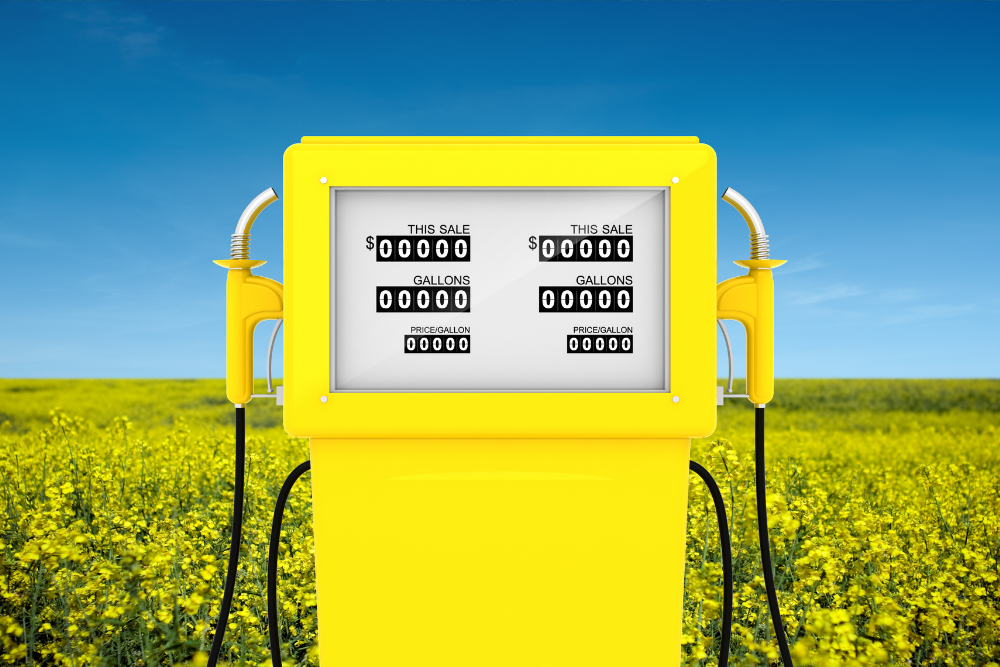After a near-week-long hiatus, the Colonial Pipeline is back up and running. But with fuel shortage effects expected to last several more days, renewable energy groups are saying, “think outside the barrel.”
Refresher: Last week, a group dubbed “DarkSide” (creepy) pulled a 21st-century-style ninja move and hacked into the Colonial Pipeline. The cybercrime forced a six-day shutdown of the underground superhighway that transports 2.5 million barrels of petro-fuel each day along the Eastern U.S.
Colonial officials announced on Wednesday that systems were being turned back on, but that “return to normal” was several days away.
Where Ag Steps In
Initially, farmers expressed concern that fuel may be redirected from the Midwest to help with gas runs out East.
A cold snap in the nick of time. Mother Nature’s recent bout of hypothermia dropped soil temperatures — slowing germination and giving farmers some margin to chillax while supply returns to normal levels.
And in other good news, East Coast dairy farms and hog production systems have also largely avoided fuel shortage issues.
Ethanol with the edge. Renewable fuel groups sent letters to the EPA this week asking them to ease up on regulatory requirements and expand the use of E15 to boost fuel supply.
And the letter worked. The EPA issued a short-term emergency fuel waiver to help with shortages…giving renewables a boost.
A soundbite: Noted by Geoff Cooper of the Renewable Fuels Association, “The Colonial pipeline shutdown serves as a poignant reminder that ethanol biorefineries are strategic assets that can and should play a larger role in powering America forward.”

